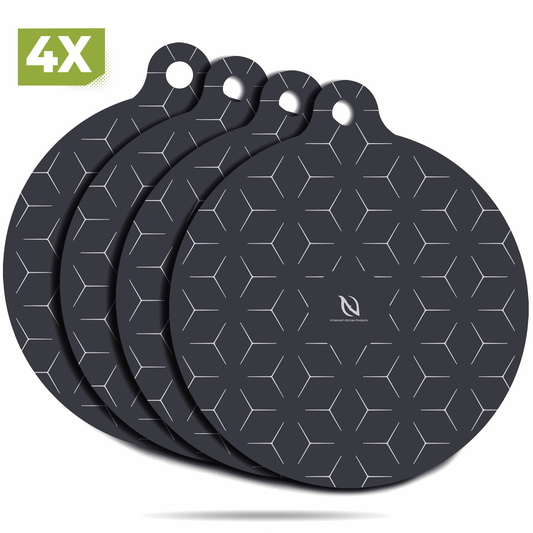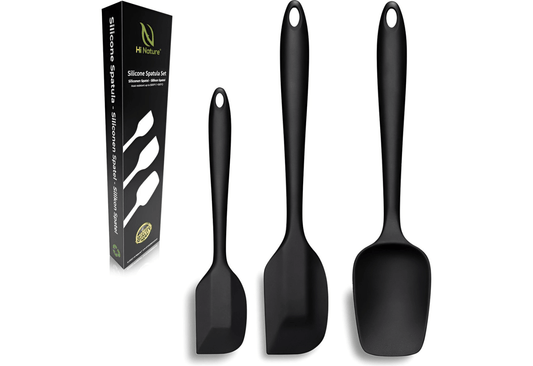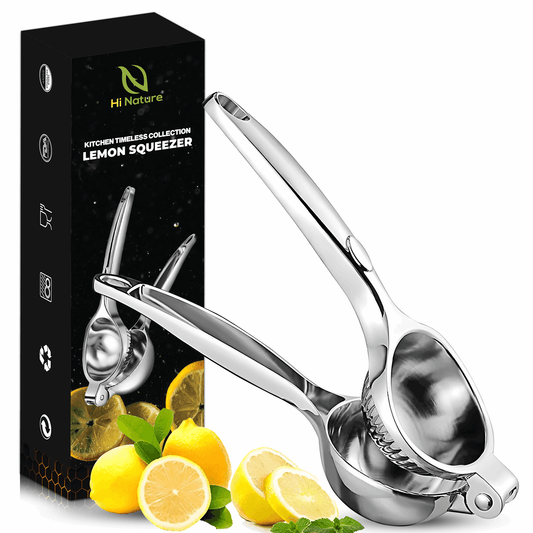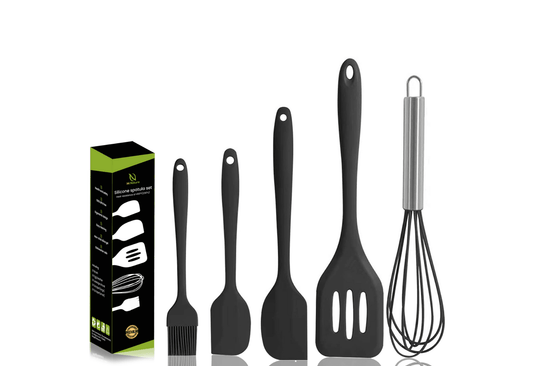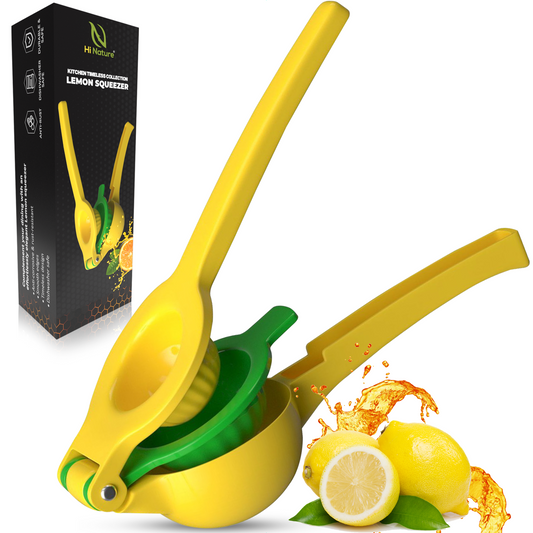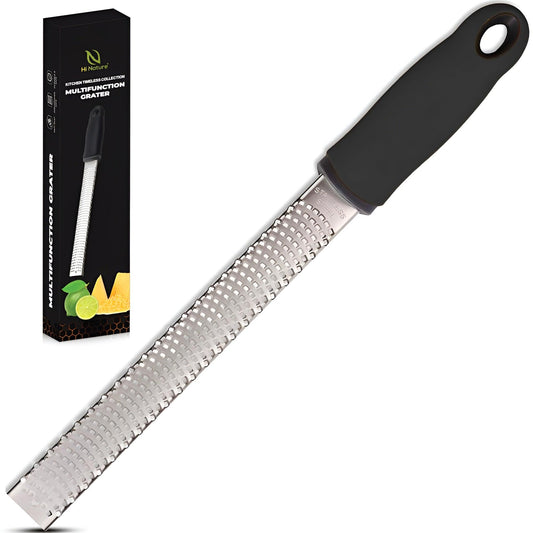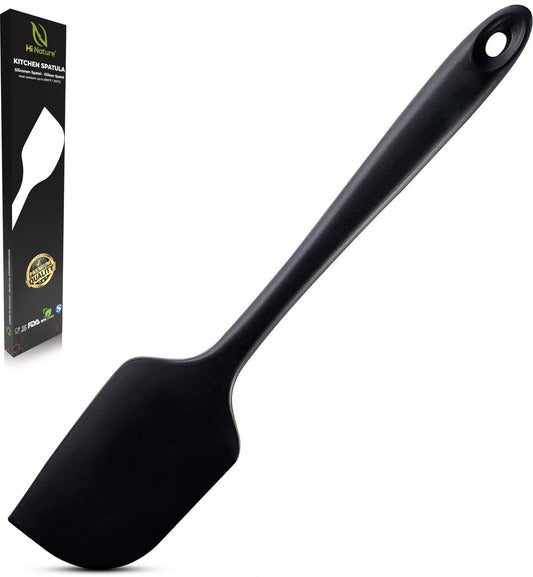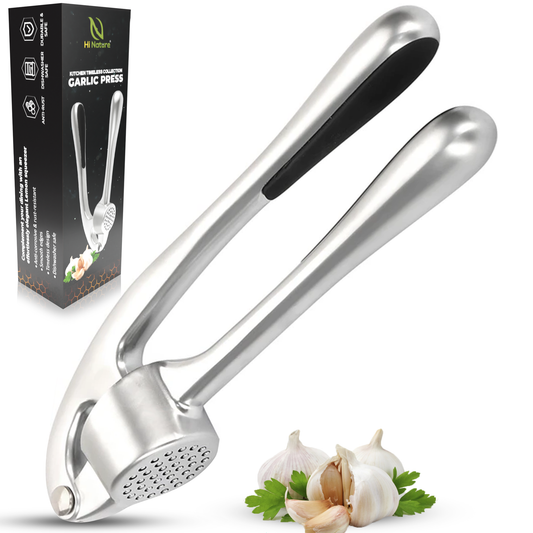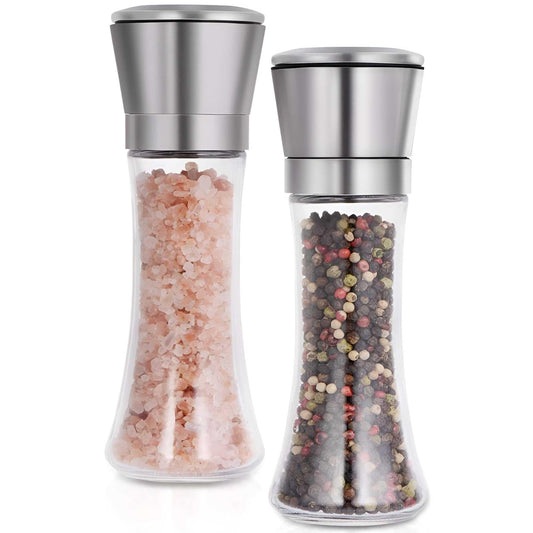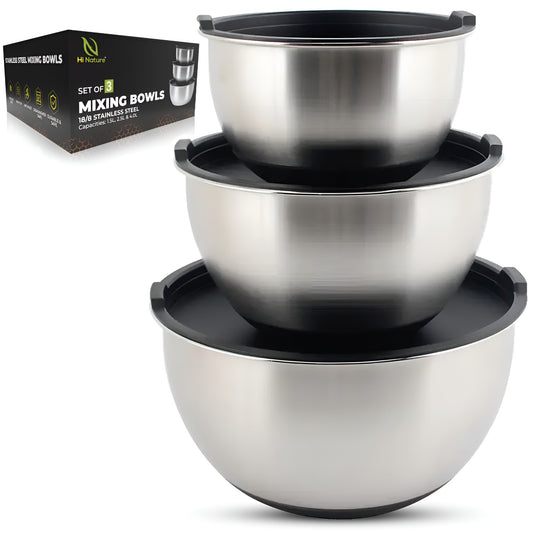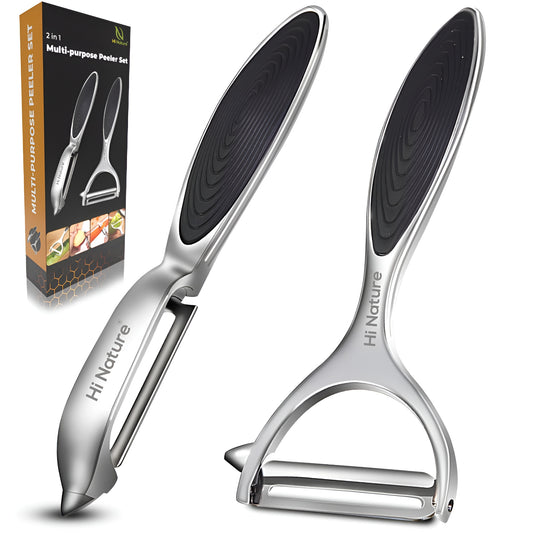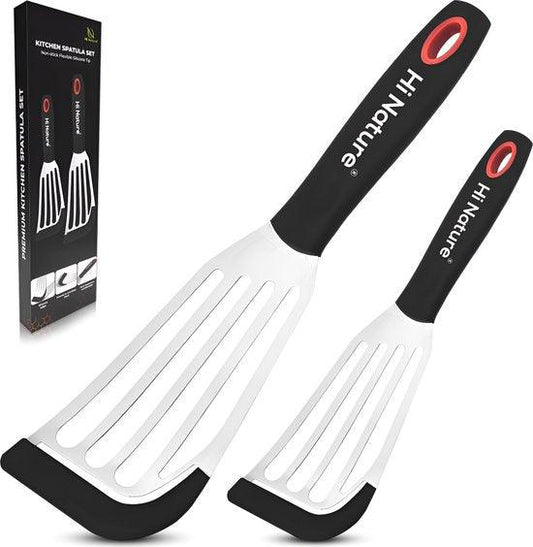What is Bisphenol A?
Bisphenol A (BPA) is a synthetic chemical that has been widely used in the production of plastics and resins since the 1960s.
BPA is mainly used in polycarbonate plastics and epoxy resins, which are used in various consumer products such as food packaging, plastic bottles, and cash register receipts.
BPA's chemical structure mimics the hormone estrogen, meaning it can affect the hormonal systems of humans and animals.
Where is BPA found?
- Plastic bottles & food containers: BPA is used in hard, clear plastic products such as reusable water bottles and food containers.
- Food Packaging: Cans often contain a BPA coating to prevent corrosion.
- Receipts & Thermal Paper: Many receipts and ATM receipts contain BPA to make the ink visible.
- Dental fillings: Some composite fillings and sealants may contain traces of BPA.
- Electronics & Appliances: BPA is sometimes used in protective coatings for printed circuit boards and other electronic components.
Health risks of BPA
BPA is a known endocrine disruptor , meaning it can affect the hormonal balance in the body.
- Hormonal disruptions: BPA mimics the female hormone estrogen and can disrupt the body's natural hormonal functions.
- Increased risk of cancer: Some studies suggest a link between BPA exposure and breast and prostate cancer.
- Developmental problems in children: BPA exposure during pregnancy can lead to cognitive and behavioral problems.
- Weight gain and metabolic disorders: BPA is linked to obesity and type 2 diabetes.
- Cardiovascular disease: Research shows that high BPA exposure may contribute to an increased risk of heart disease.
BPA-free alternatives
- Glass & Stainless Steel: The best choice for water bottles and food storage.
- BPA-free plastics: Newer plastics like Tritan are produced without BPA.
- Paper and bioplastic packaging: Sustainable alternatives for food packaging.
Frequently Asked Questions about BPA
-
Is BPA really as harmful as claimed?
Although the effects of BPA are still being researched, many studies show that it can disrupt hormone balance and pose health risks.
-
How do I know if a product contains BPA?
Products with recycling code 3 (PVC) or 7 (other plastics) may contain BPA. Always choose "BPA-free" products.
-
What are the safest BPA-free alternatives?
Glass, stainless steel, and certain BPA-free plastics like Tritan are the safest alternatives.
-
Is BPA completely banned?
No, BPA is still permitted in some products, but more and more countries are restricting its use in food contact materials.
-
Which countries have banned BPA?
Countries such as Canada, the EU and parts of the US have banned BPA in baby bottles and some food packaging.
Related Products from Hi Nature®
Make a safe, BPA-free choice with these recommended products from our collection:
1. Baby plate with suction cup + cutlery
- View the product
- This silicone baby plate with a suction cup prevents spills and stays securely in place. It comes with matching children's cutlery, perfect for first bites.
2. 4x Baby Spoons BPA Free
- View the product
- Soft, BPA-free silicone spoons are safe for your baby's sensitive gums. Perfect for the transition to solids.
3. Silicone Baby Food Storage Containers + Spoons (4-piece)
- View the product
- Handy silicone containers for storing homemade baby food. Includes four matching spoons, ideal for on-the-go or at home.


